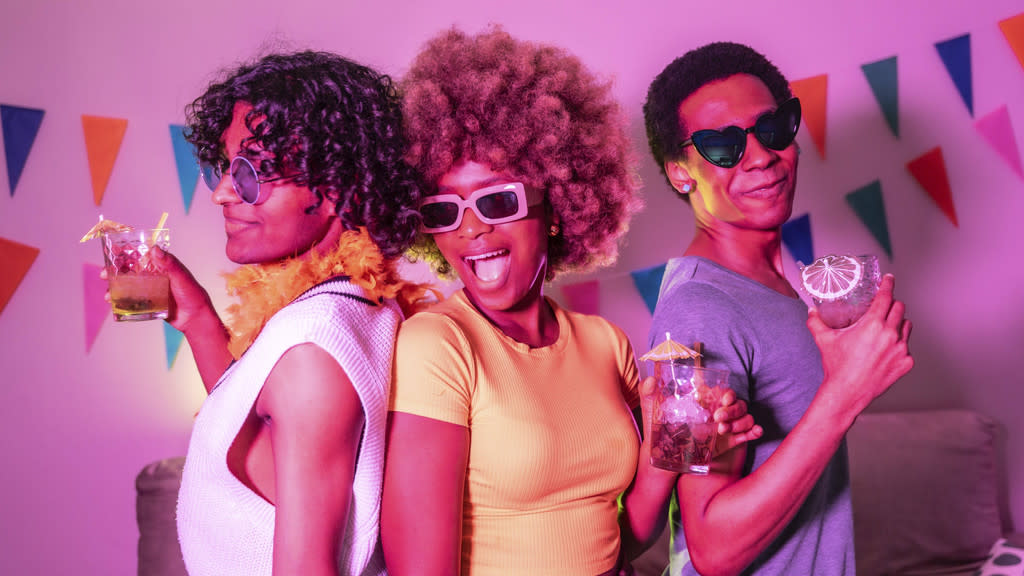Alcohol: How it can affect your sleep cycle

While many believe a nightcap will help you sleep, it will actually have the opposite effect.
While it may be true that you can fall into a deeper sleep after drinking alcohol, you are unlikely to wake up feeling energised or refreshed.
"Despite the misconception that alcohol aids sleep, research reveals its detrimental impact, with just one drink decreasing sleep quality by 10%, and multiple drinks exacerbating the decline significantly (by over 40%)," explains sleep health expert and founder of Ten PM, Dan Fabian.
"As alcohol is consumed it is rapidly absorbed into the bloodstream until it can be metabolised by the liver at the rate of about one drink per hour."
While you are likely to experience more deep sleep after drinking alcohol, this means you actually get less REM (Rapid Eye Movement) sleep, which helps you wake up feeling refreshed and alert.
And that's not all - the lack of sleep caused by an evening of drinking has a knock-on effect the following day as you are more likely to increase your caffeine intake.
"Worse still, with the day ahead an uphill struggle as you fight off fatigue and exhaustion, many turn to an afternoon pick-me-up consisting of a cup of coffee with a large dose of caffeine," the expert says. "Whilst this seems like the perfect answer at the time, just one cup of coffee consumed within 6 hours of going to bed is enough to disturb sleep and so the sleep struggle continues in this relentless cycle as individuals struggle to manage their sleep with a mix of alcohol and coffee!"
If you need help getting a good night's sleep, Dan recommends Ten PM's Night Drink, which contains a blend of six vitamins, minerals and adaptogens designed to help you unwind and fall asleep faster and deeper.

 Yahoo News
Yahoo News 
